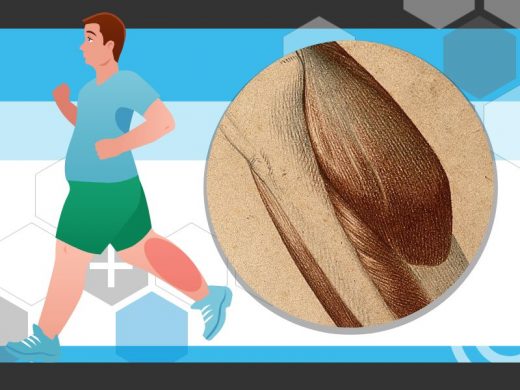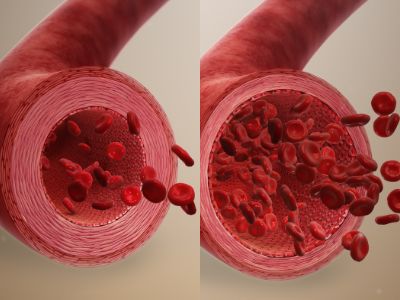
Leg cramps are typically a harmless condition of the muscles in the legs. It occurs in the calf muscles, although it can affect any part of your leg, including your feet and thighs. After the cramping, you can experience pain and tenderness in your leg for several hours.
Leg cramps are painful and may affect your sleep, exercise routine, and general quality of life. Try flexing the muscle, applying heat, ice, and massaging the area to alleviate the cramp. Three out of four cases occur at night during sleep.
What are the Causes of Leg Cramps?

There is no specific reason for leg cramps. But it has a typical trigger that you should avoid. It is due to overuse of muscle and dehydration. Most muscle cramps are harmless and, some link to underlying medical conditions. Causes include:
- Inadequate blood supply. Narrowing the arteries that deliver blood to your legs can produce cramp-like pain in your legs.
- Nerve compression. Compression of nerves in your spine can produce cramp-like pain in your legs. The pain usually worsens the longer you walk.
- Mineral depletion. The lack of potassium, calcium, or magnesium in your diet can contribute to leg cramps.
Symptoms of leg Cramps
- Cramps in the leg muscle
- Sudden sharp pain
- A hard lump of muscle
Seek medical help if you experience the following symptoms:
- Severe discomfort
- Leg swelling, skin changes, and redness
- Muscle weakness
- It happens frequently
- The condition does not improve with home remedies
Risk Factors of Leg Cramps

- Age. Older people start to lose muscle mass. As a result, the remaining muscles become stressed out.
- Dehydration. Fatigue and dehydration are typical causes of leg cramps in athletes. Avoid intense activities in warm weather to prevent leg cramps.
- Pregnancy. Muscle cramps also are common during pregnancy.
- Medical conditions. You might be at higher risk of muscle cramps if you have diabetes, liver, and thyroid disorders.
Leg Cramps in Pregnancy
Many pregnant women experience leg cramps during the second or third trimester. They are typically at night but, there are no specific reasons for this. The typical cause for pregnancy-related leg cramps is the changes in blood circulation. It is also due to stresses on your leg muscles from carrying extra weight.
How to Diagnose Leg Cramps?
Blood and urine tests help in determining underlying conditions that cause leg cramps. Your doctor may use MRI to see if neurological problems are causing leg cramps.
Treatment for Leg Cramps
You can take anti-cramp medications. Crampstop and Vitafizz magnesium can help treat le cramps. Inform your doctor if symptoms persist for a month.








